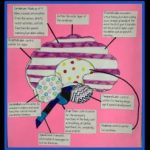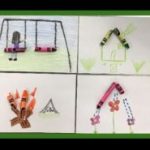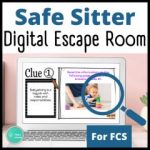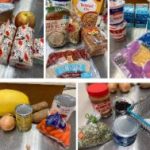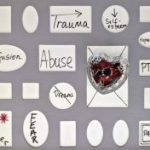
Problem based learning projects are a great way to engage your students and incorporate some rigor. How, you ask? Problem based learning projects incorporate
many, and sometimes all of the the 4 C’s; Critical Thinking, Communication, Collaboration and Creativity. The Family Medical Leave Work Dilemma takes a real world problem inspired by a Washington Post article and provides just enough information for students to come up with a viable solution. If you’ve ever wanted to try problem based learning in your family or parenting classes, why not start with this one?


